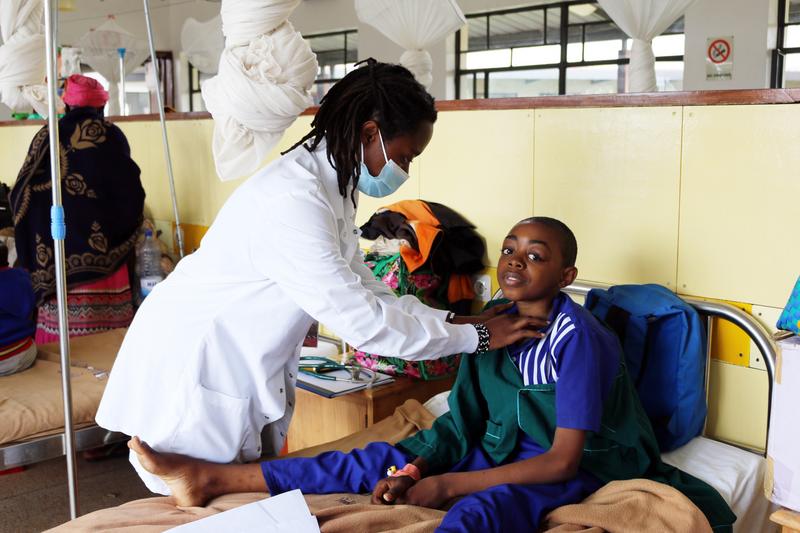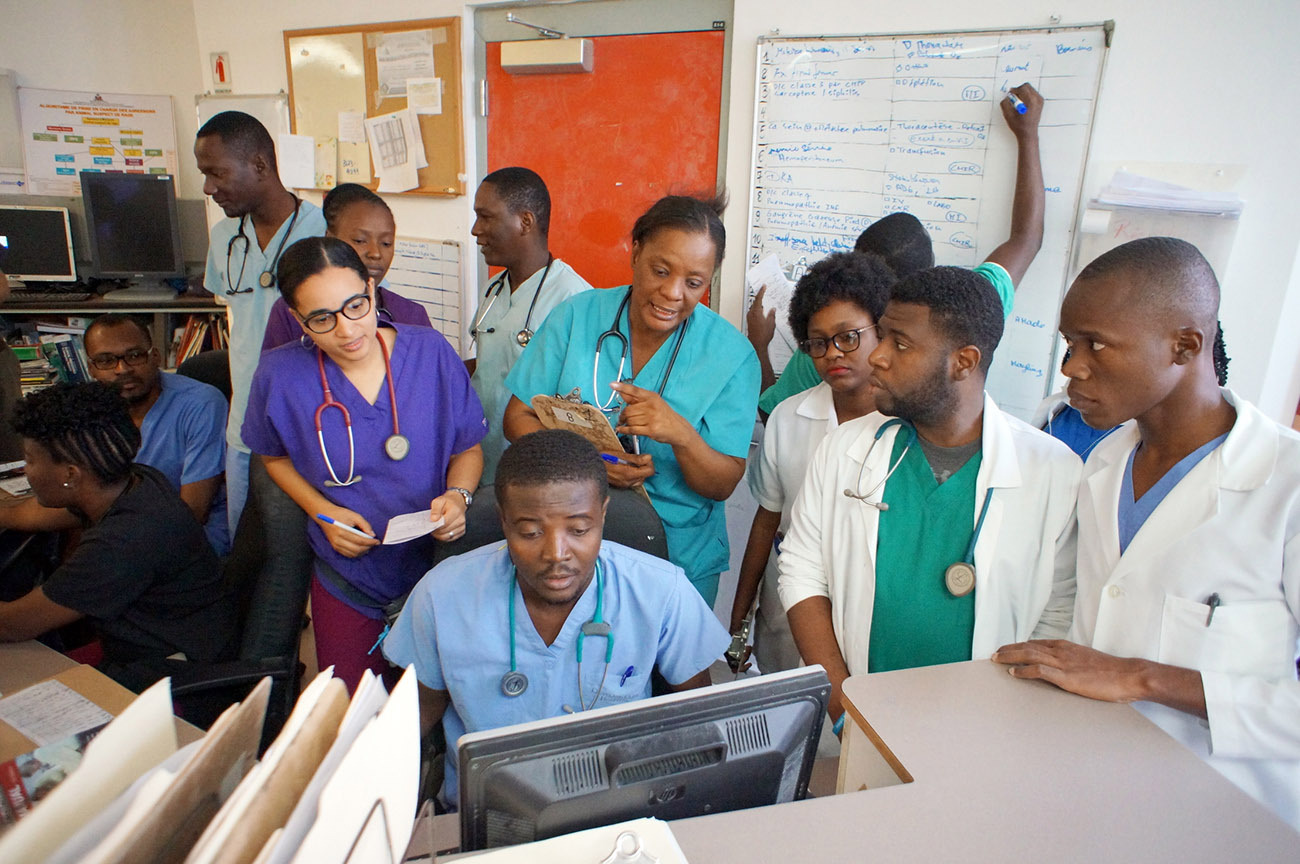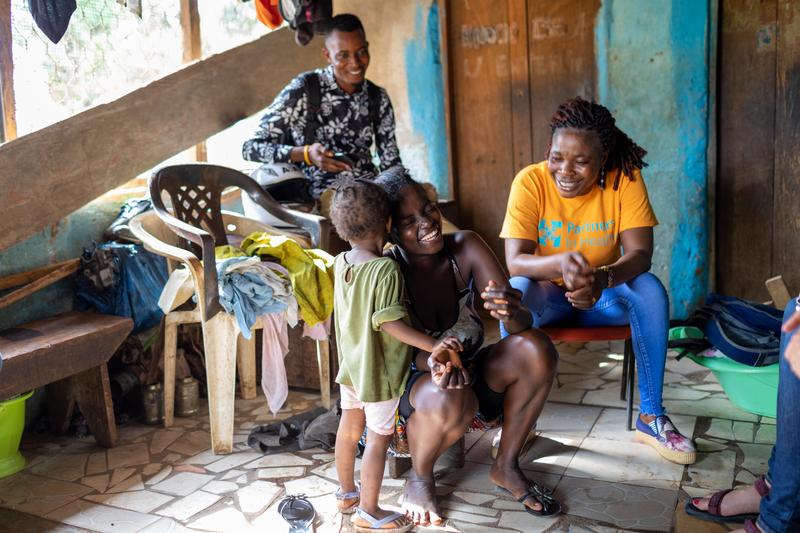Building a Healthier and More Just World: PIH's Strategic Priorities
Thank you for your incredible commitment to Partners In Health. Below, find resources to learn more about the work you and the Leadership Giving Society make possible:
Strengthen and Build Health Systems
PIH works with governments to improve the quality and accessibility of health care. In Rwanda, for example, our partnership with the government to invest in care in the country’s poorest, most remote districts has helped add over two decades to national life expectancy. One of these districts, Burera, had no public hospital as recently as 2008; today, it is home to a teaching hospital, cancer center, and health sciences university.

Our aim is to bring solutions in health care to scale. In Lesotho, we are partnering with the government on its National Health Reform—an effort to achieve universal health coverage by implementing PIH’s proven policies and strategies nationwide. After piloting the reform in four districts, each saw substantial increases in outpatient visits, HIV treatment, and facility- based deliveries. We are now supporting the government to expand the reform to the remaining six districts.
LEARN MORE:
Our Theory of Change
The Promise of Butaro District Hospital: Key Facility in Rwanda Meets Growing Demand, Need for Expansion
Q&A: National Health Reform in Lesotho Continues to Expand, Evolve
Advance the Field of Global Health Equity
Around the world, PIH clinicians provide continuous on-the-job training and mentorship to their Ministry of Health-employed counterparts, helping improve local clinical knowledge and skills. In Haiti, we established a medical residency program at the internationally accredited University Hospital, which is training Haitian clinicians across specialties. And 98% of the residency’s graduates currently practice medicine in Haiti.

We’re scaling our approach to medical and global health education. In Rwanda, we’re continuing to expand the University of Global Health Equity, a medical and health leadership school that is training social justice-minded doctors and global health practitioners from across Africa and the globe. In Peru, we’re establishing the Center for Global Health, which will encompass an infectious disease hospital, research laboratory, and online learning hub. Amid its construction phase, the Center has already begun providing free courses, reaching 18,000 learners in 120 countries.
LEARN MORE:
University Hospital of Mirebalais’ Residency Program Fuels Next Generation of Doctors in Haiti
UN Agency Highlights UGHE as Model for Global Health Education
The Center for Global Health
Center the Needs and Rights of Women, Children, and Adolescents
Globally, two-thirds of PIH’s clinical services are provided to women and children, amounting to nearly one million health visits and safe deliveries annually. And of our more than 11,200 community health workers around the world, 64% are women. This model of economically empowering women, and of women as the bridge between health facilities and communities, has an outsize effect on breaking the cycle of poverty and disease.

We are positioning our maternal and child health work to better promote gender equity through services such as sexual and gender-based violence care and prevention, family planning, youth-sensitive care, and oncology care. In Sierra Leone, where 1 in 20 women face a lifetime risk of dying in pregnancy or childbirth, we’re introducing all of these services and more at the Maternal Center of Excellence (MCOE). A 166-bed teaching hospital currently under construction, the MCOE will provide unprecedented care and serve as a blueprint for future investments in women and children globally.
LEARN MORE:
The Many Lives of Georgina Díaz
Answering the Call: Nurse Offers Compassionate Counseling at Clinic for Teens
Bigger Than A Building: The Maternal Center of Excellence in Sierra Leone
For questions or more information, please reach out to leadershipgiving@pih.org.